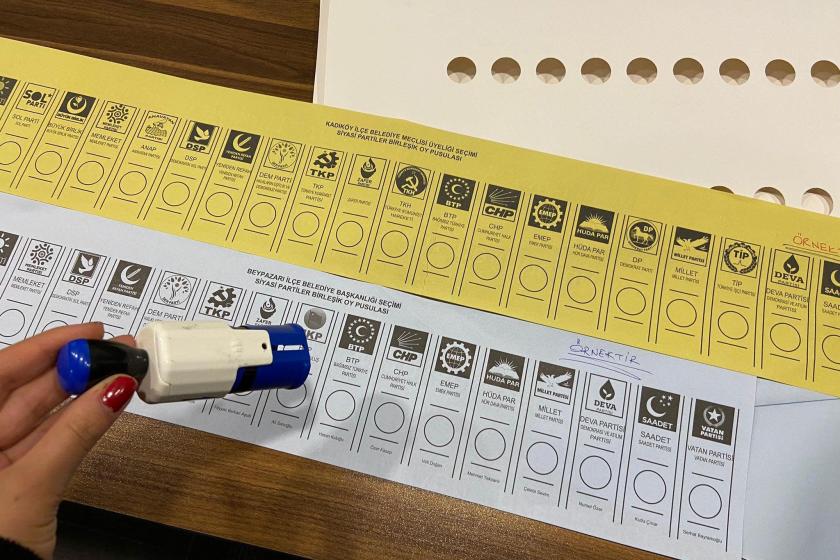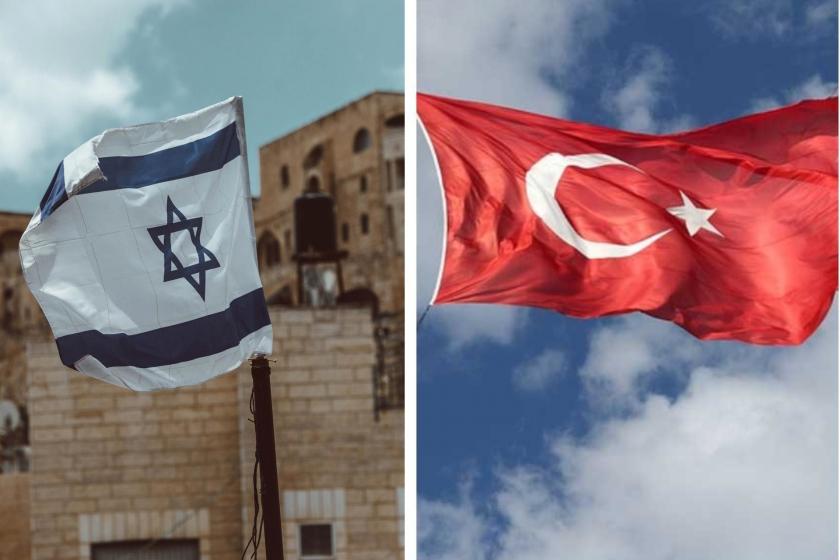
Sandy Bremner - International Press Institute (IPI) member (UK), and former Managing Editor of BBC Scotland (Photograph: IPI)
Birthdays are usually times of joy and celebration. They are also opportunities for us to look back and recognise what we have achieved. But today’s anniversary should be one of absolute shame for the government of Turkey because it marks the country’s descent from high ideals, to the abdication of our most basic human rights.
It was on this day, on December 10, 1948, that Turkey joined 47 other countries to endorse one of the world’s most important documents. The United Nations’ Universal Declaration of Human Rights was proclaimed as a common standard of achievements for all peoples and nations. For the first time, it set out fundamental human rights to be protected universally, including freedom of expression.
The Declaration arose from the ashes of the Second World War. It established principles which its authors hoped would help avoid future suffering on such a scale. Turkey signed it as one of the UN’s founding members.
Those same post-war ideals gave birth to other institutions. It is no coincidence that we are also about to mark the 70th anniversary of the International Press Institute (IPI). It was founded as a global network of editors, media executives and leading journalists. Its mission - to defend media freedom and the free flow of news wherever they are threatened.
But that freedom of expression - enshrined in the UN Declaration, and defended by IPI - is facing serious new threats around the globe, especially in Turkey. The state which endorsed those precious principles has blackened its name in the eyes of the world by jailing more journalists than any other country.
I had the privilege of meeting some of those journalists during IPI missions in Ankara and Istanbul. I have witnessed their courage in risking so much, simply to do their jobs. And I have sat opposite government officials who have tried to justify the jailing of so many journalists by citing the threat of terrorism.
There have been some glimmers of hope. The overturning of prison sentenced handed to my IPI colleague Kadri Gürsel, after years of persecution. The release from prison of Cumhuriyet staff who had been guilty of nothing more than working as journalists. But apparent progress has too often given way to further repression.
Any government can create excuses to suppress journalism and curb freedom of expression, especially during times of conflict. But those who do so ultimately pay a high price by undermining their own legitimacy. There is absolute truth in the saying that: “No prison is big enough to contain free speech”.
As soon as the Turkish government and judiciary accept that truth, they will start to repair their damaged reputations. But the world is waiting for deeds rather than words.
Turkish courts can act immediately by ceasing the gross violations of journalists’ human rights. The government can admit the misuse of anti-terror laws, and commit to reforming these, along with the defamation legislation which has been used to persecute journalists and many others.
Local governments can create public spaces where public-interest journalism is produced, taught and discussed, as recommended by IPI’s Turkey National Committee. These initiatives would show public support for quality, independent journalism while serving as incubators to help new media outlets get off the ground.
Independent institutions can be established to ensure a fair distribution of state advertising and public benefits to a diverse range of news organisations, based on clear criteria.
Local administrations can ensure that journalists have access to draft policies and insight into local governments’ discussions about them. Because trust in public institutions is built on participation and inclusion.
Turkey can do so much, so quickly, to end the persecution of journalists and give its people access to the information they deserve. In doing so, it can start the process of turning today’s shameful anniversary into a celebration of the restoration of our basic rights.



